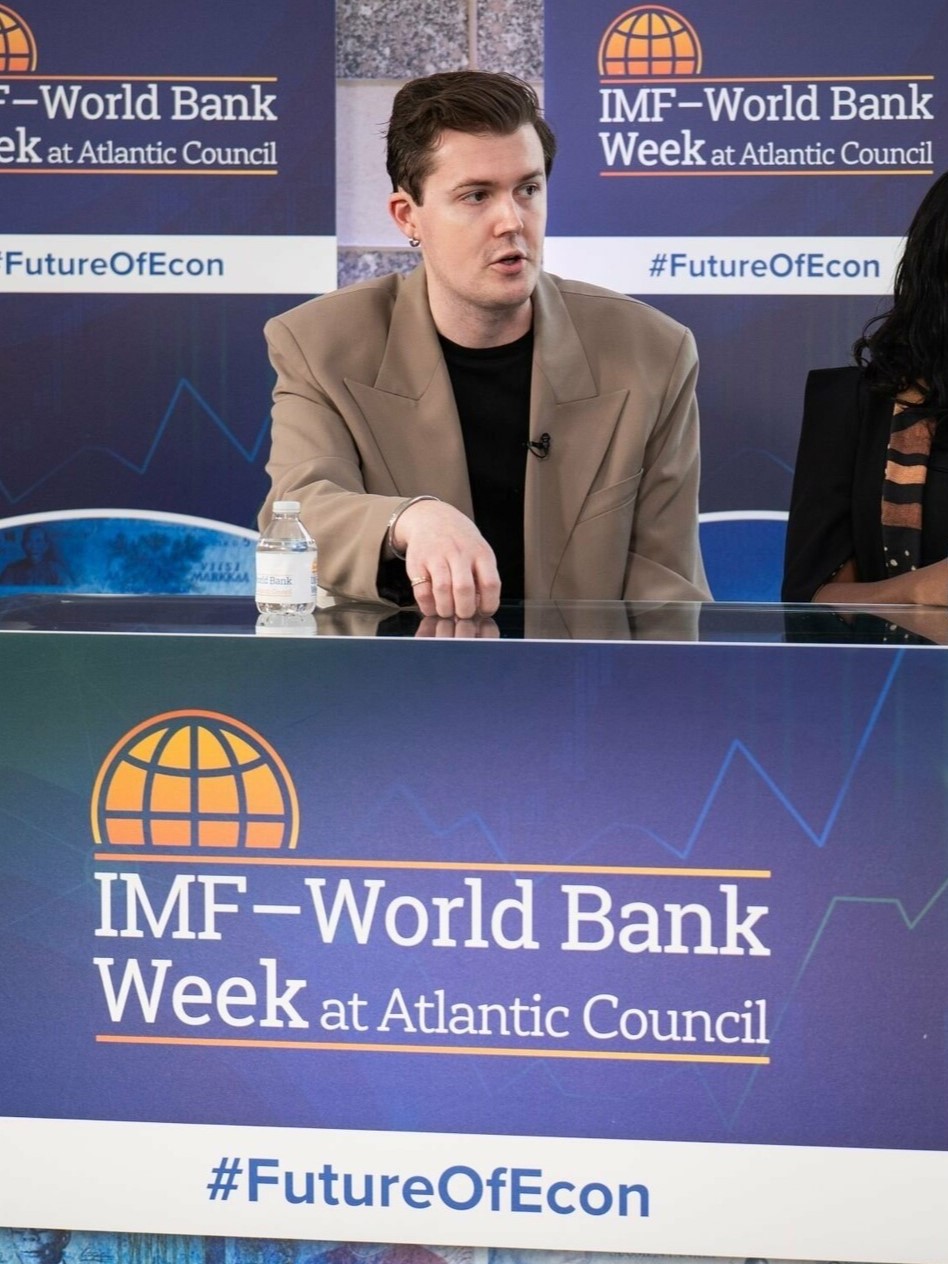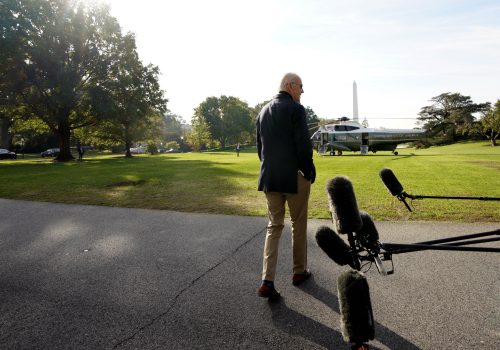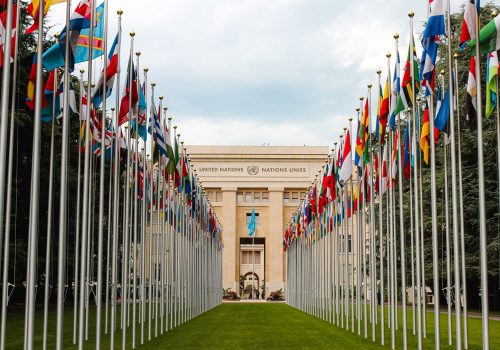Recommended Reading
Events
Event start date:
Event end date:
Time Now:
Report launch: Confronting Russia’s cyber power
All Content
Justin Sherman is a nonresident senior fellow at the Atlantic Council’s Cyber Statecraft Initiative, part of the Atlantic Council Tech Programs. His work at the Atlantic Council focuses on cybersecurity policy, data security, digital public infrastructure, physical internet infrastructure such as submarine cables, and AI supply chains. His work also involves China and a range of issues related to Russia.
Sherman is the founder and CEO of Global Cyber Strategies, a Washington, DC-based research and advisory firm. He is also an adjunct professor at Georgetown University’s School of Foreign Service and a distinguished fellow at Georgetown Law’s Center on Privacy and Technology. Sherman is also the scholar in residence at the Electronic Privacy Information Center. He is a contributing editor at Lawfare and a columnist at Barron’s.
Sherman has testified before Congress and spoken at the White House, United Nations, and NATO. He has also briefed leaders around the globe. His forthcoming book, Navigating Technology and National Security, examines the history and future of US national security regulations and review programs focused on technology. Sherman has been sanctioned by the Russian government.







